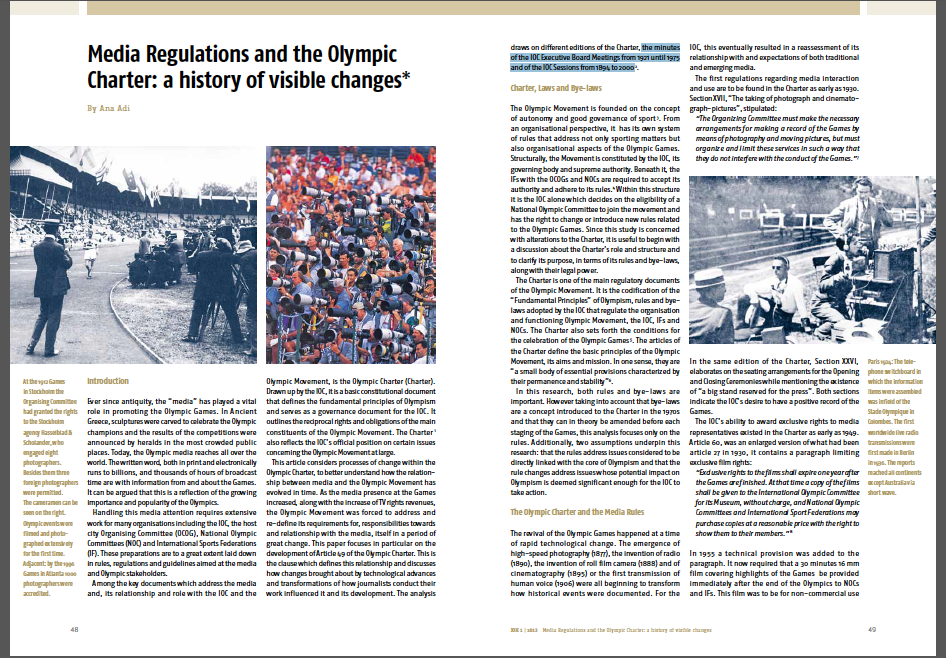Today I had the opportunity of lecturing via Skype to a group of Master’s students from the University of Kansas about digital media research. The invitation came from Dr Mugur Geana, mind Associate Professor of Strategic Communication; Director, viagra order Center for Excellence in Health Communication to Underserved Populations at the William Allen White School of Journalism and Mass Communication.
This is a topic that is of high interest to me and very related to the work that I do both in the classroom and in research. I haven’t covered the topic though for at least a year and, as expected, a lot of the things have changed. Compared to my talk on New Media Research given to a similar group from KU in 2009 and to other groups last year, more than a half of the tools used to collect or access Twitter data and analytics were not available anymore.
Instead of focusing on platform specific tools, this lecture focused more on scenarios of research and presented tools and platforms where data could be accessed, collected or visualized. The last prezi slide also includes a list of resources to check further.
Here are some points beyond the tools and their uses:
- Any research project needs clear research questions, a strong methodology and a consistent system of collecting/reporting data.
- Any research project should endevour to capture a part of the internet. Considerations of access to data, archival methods, privacy and ethics should guide the research design and reporting.
- A mix of tools (and search terms/queries) should be used to triangulate results.
- Pilot studies are highly recommended as they would enable researchers to refine their research design.
The most recent edition of the Journal of Olympic History includes an article that discusses the evolution of the rules and bye-laws related to media (its presence and activity) at the Olympic Games as seen in the Olympic Charter. It is a historical study that looks at the Olympic Charter from its first edition up until now. The analysis also uses insights and information provided the minutes of the IOC Executive Board Meetings from 1921 until 1975 and of the IOC Sessions from 1894 to 2000. This research was possible thanks to a IOC Posgraduate research grant I received in 2009, buy cialis
was part of the wider research argument of my PhD and some of its preliminary results were presented at conferences in Germany and Portugal.
The article in its entirety is below. It has been reproduced with the approval of the editors of the Journal of Olympic History.
